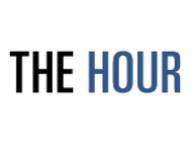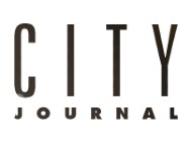Center for Business and Human Rights Deputy Director Paul Barrett explains why misinformation on Instagram often takes the form of memes and other images that are harder for the company’s systems to detect



















































Excerpt from Poets & Quants -- "When coronavirus shut down campuses across the country, the part-time MBA program at New York University’s Stern School of Business was ready to pivot to all-online, says JP Eggers, vice dean for MBA programs. Students adapted well because of the flexibility built into the program, including three options for pursuing their degree. 'Flexibility,' Eggers says, 'is the defining characteristic of our part-time MBA program. Right from the start, students choose the program path that best meets their needs — the two-year accelerated option, weeknight option, or the Saturday option. They can put their program on hold at any time and resume when ready within a six-year limit, a choice that was available well before the coronavirus.'"

Excerpt from Poets & Quants -- "When coronavirus shut down campuses across the country, the part-time MBA program at New York University’s Stern School of Business was ready to pivot to all-online, says JP Eggers, vice dean for MBA programs. Students adapted well because of the flexibility built into the program, including three options for pursuing their degree. 'Flexibility,' Eggers says, 'is the defining characteristic of our part-time MBA program. Right from the start, students choose the program path that best meets their needs — the two-year accelerated option, weeknight option, or the Saturday option. They can put their program on hold at any time and resume when ready within a six-year limit, a choice that was available well before the coronavirus.'"